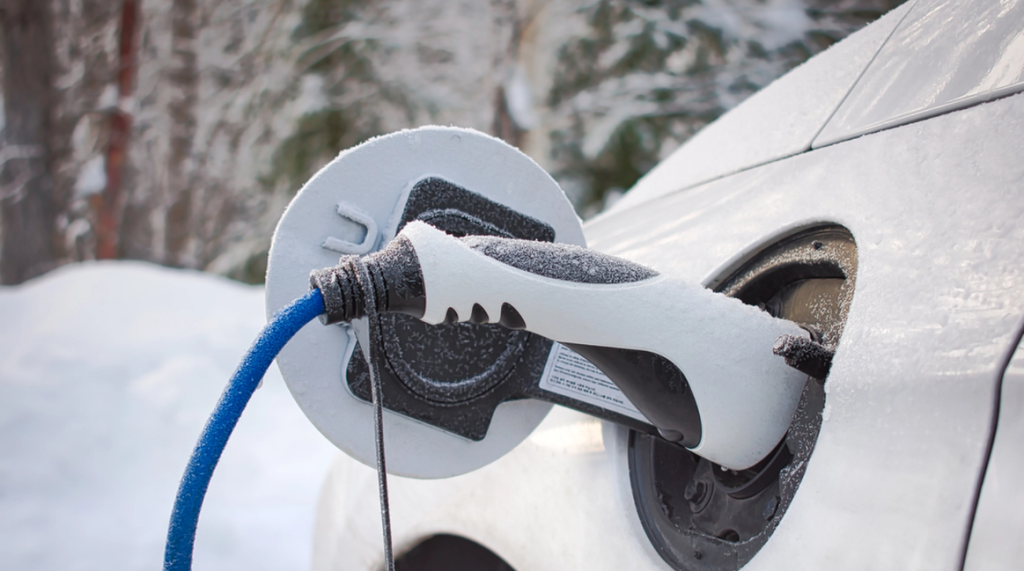A new solid-state battery promises to boost electric vehicle range by 50%, but with a surprising limitation.
Others are reading now
Belgian technology company Imec, in collaboration with 13 partners, has developed a prototype solid-state battery that could significantly increase the range of electric vehicles. However, the breakthrough comes with a major caveat.
According to Dutch media outlet AD, the new battery boasts an impressive energy density of 1,070 Wh per liter, surpassing current lithium-ion batteries. This advancement could potentially extend the range of electric vehicles by approximately 50%.
Additionally, the solid-state design makes the battery less flammable, addressing safety concerns associated with traditional lithium-ion batteries.
Imec also projects that production costs could be kept under $150 per kilowatt-hour, a figure that could make electric vehicles more affordable if the technology reaches mass production.
Also read
Despite these promising features, the prototype faces a significant challenge. Currently, the battery can only withstand about 100 charging cycles before losing its capacity. This limitation stands in stark contrast to modern lithium-ion batteries, which typically endure around 2,000 charging cycles before showing significant degradation.
The stark difference in lifespan presents a major hurdle for the technology’s practical application. Current EVs can be charged thousands of times over their lifespan, making them a viable long-term investment for consumers.
A battery that lasts only 100 charges would require frequent and costly replacements, potentially offsetting any gains in range or cost savings.
Industry experts suggest it may take several years before Imec’s solid-state batteries are ready for implementation in electric vehicles. Researchers will need to focus on improving the battery’s cycle life while maintaining its other advantageous properties.

